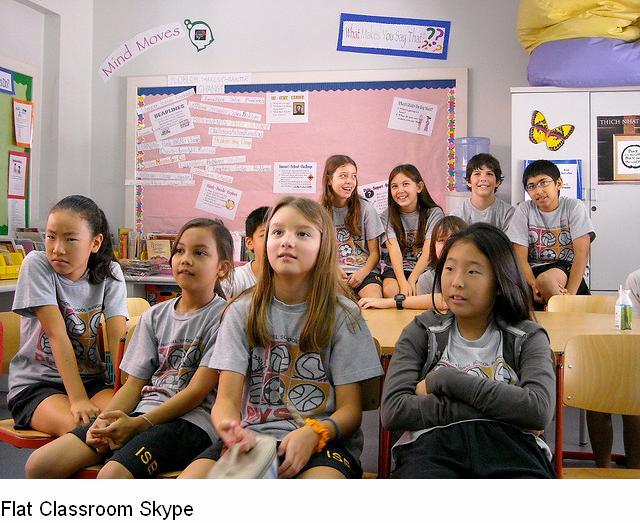My education agenda for 2011-2 is about action but also about continued discussion and reflection — I’m convinced that our larger education agenda at the state level needs fundamental re-examination, but I don’t have all the answers.
At the action level, I have the following continuing core priorities:
- Provide as much local aid as possible to our schools.
- Open the door wider to online and independent learning in public education (House 1090 and House 1960)
- Streamline paperwork mandates for local schools (emphasis on special education bureaucracy — House 1042)
- Involve front line educators more directly in the conversation about education policy (House 1088 and House 1917)
At the thought level, I am particularly committed to the conversations that I have been having about online education and to the conversations that I have been having with frontline educators in my communities. I believe that online tools will enable new educational models and I believe that teachers who actually work in the class room have a better perspective than do many education policy experts. I feel that the educational policy establishment is not leading us in good directions at this stage. The Patrick administration got steered into an education agenda that could be summed up in a word: More — start public schooling earlier in life, run the school day longer, consider more summer school, keep kids in school through the associate degree level. Unfortunately, even before the recession, we were failing to fund basic K through 12 schools adequately and idea of a massive expansion of classroom learning was never realistic.
Since the recession hit, the state’s agenda has been the national agenda of management reorganization of education — allowing more charter schools, changing the evaluation process for teachers, increasing management power in turnaround situations. That agenda is polarizing, but it keeps in place our basic goal frame for K-12 education — namely that we are trying to get all kids to reach college preparedness — a goal frame that most practicing educators recognize as unrealistic and ultimately destructive for many children.
We need to recognize that kids have different kinds of potential and we need to help them all find a path into productive citizenship. That path will be different for each child. I believe that part of the problem with education is the industrial grade-by-grade assembly line that is forced on us by the traditional class-room model. I am hopeful that online learning will help us to expand beyond the traditional model and better serve the differing needs of children.
In addition to these top priorities, I am co-sponsoring legislation speaking to a number of additional educational policy issues:
- Quality of early education (S. 28)
- Study re services for low-incidence disabilities (H.138)
- In-district progams for students with disabilities (H.140)
- Studying education resource levels (H. 153)
- Transitions for students with disabilities (H.159)
- Limitation on exclusions of children from schools (H.177 and House 178)
- Teaching history of working people (S.200 and H. 1940)
- Health education (H. 179 and H.1063)
- Physical education (S. 216)
- Nutritional meals in public schools (H. 1056)
- Genocide education (H. 1064)
- Academic success of foster children (H. 1094)
- Promoting early reading (H. 1853)
- In-state tuition (H. 2109)
- Middle-skills training (H. 2713)


I appreciate your including educators in the discussion. However, the discussion and your list of priorities should definitely include civic education; without it, you will have fewer people involved in just what you are trying to promote. In too many schools in Mass. social studies is seldom being taught. With little or no knowledge of our governmental system, how can we expect citizens to be knowledgeable and to participate?!
Thanks, Diane!
Couldn’t agree more. Civic education is essential.
I want to give this point more thought in the context of the conversation about the goals of education — we want every child to know that we fought for freedom, that they have a role to play in democracy (and that the world is round, etc.). We are putting so much emphasis on basic skill development that we have lost sight of actually imparting knowledge.
/w.
I strongly agree with Diane. Civics education is essential in fulfilling the primary role of public education: to cultivate an informed citizenry capable of operating a democracy. I agree also that the incessant and high-stakes basic-skill drilling is a distraction from true learning.
But — how is Civics to be taught in virtual schools, where students sit and learn in isolation? A vehicle of learning civics is living it, learning to work with others, to compromise, to test one’s principles, to see and experience democracy from an early age. Civics is ot about getting the answers right. It’s about getting the questions right.
Virtual schools are not necessarily isolating — they may create many more connections than physical schools.
Most likely the evolving models will also involve some face-to-face education (hybrids).
/w.